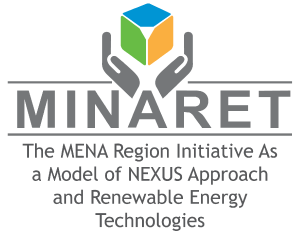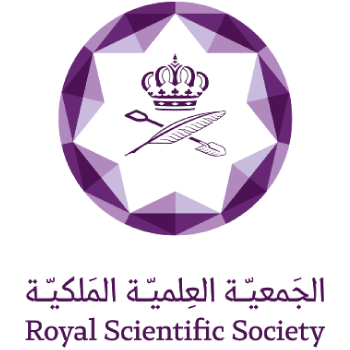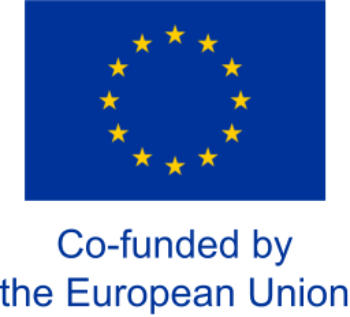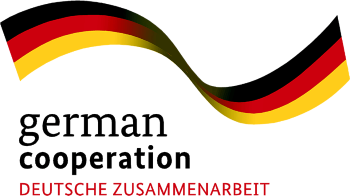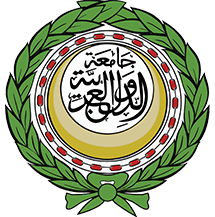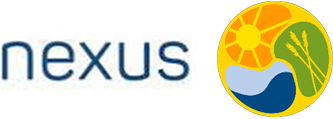End-Term Evaluation for MINARET
MINARET Project announced an open tender and received a number of offers from specialized international companies in the field of projects’ evaluation.
The evaluation took place in October – December 2020 by SaafConsult B.V for SIDA and RSS/NERC to assess the extent to which the project has reached its objectives.
The evaluation aims to appraise the extent to which the project’s objectives have been achieved, evaluate the overall impact of the project in the intervention areas, and to formulate recommendations as an input to upcoming discussions concerning the preparation of a new project with support from SIDA.
It focused on the long-term effects and impacts, sustainability nature of project components as well as the development of methodology within MINARET over time, innovation and ways in which MINARET has responded to changes in external circumstances.
The evaluation covered the three-targeted countries of MINARET (Jordan, Tunisia, Lebanon), however, due to COVID-19 travel restrictions, it was not possible to visit all project locations physically except that some locations in Lebanon were visited physically, as one of the evaluators’ team member resides in Lebanon. Meetings with stakeholders in Jordan and Tunisia were held online, to look more in depth at project components, their relevance, impact and sustainability in coordination with MINARET management.
The evaluation of the MINARET project was done according to the criteria of the Organization for Economic Co-operation and Development’s Development Assistance Committee (OECD DAC), which looks at the strategic elements of the work and not so much at the specific details, to look more in depth at project components, Assess their Relevance, Impact, Sustainability and Effectiveness.
To conclude, MINARET has laid the foundation for a broader application of the NEXUS approach in the region, whilst simultaneously addressing capacity gaps at municipal levels and improving access to services and influence for women and disadvantaged groups.
Key recommendations from the evaluation team on the continuation of MINARET valuable work:
- It is important to note that the groundwork that has been laid is used to further build the national and regional capacities of the communities / municipalities / NGOs to manage their own water/energy/food security.
- For a possible new phase for SIDA it is recommended that preparations start on a next phase so that the objectives of the programme can be further safeguarded and that WEF NEXUS approaches can be integrated into economic sectors development models and policies.
- RSS/NERC may consider the establishment of a dedicated unit to address NEXUS issues. In that way RSS/NERC would be able to support municipalities and partner organisations to further the adoption of the NEXUS approach to address concrete resource issues at local level.


